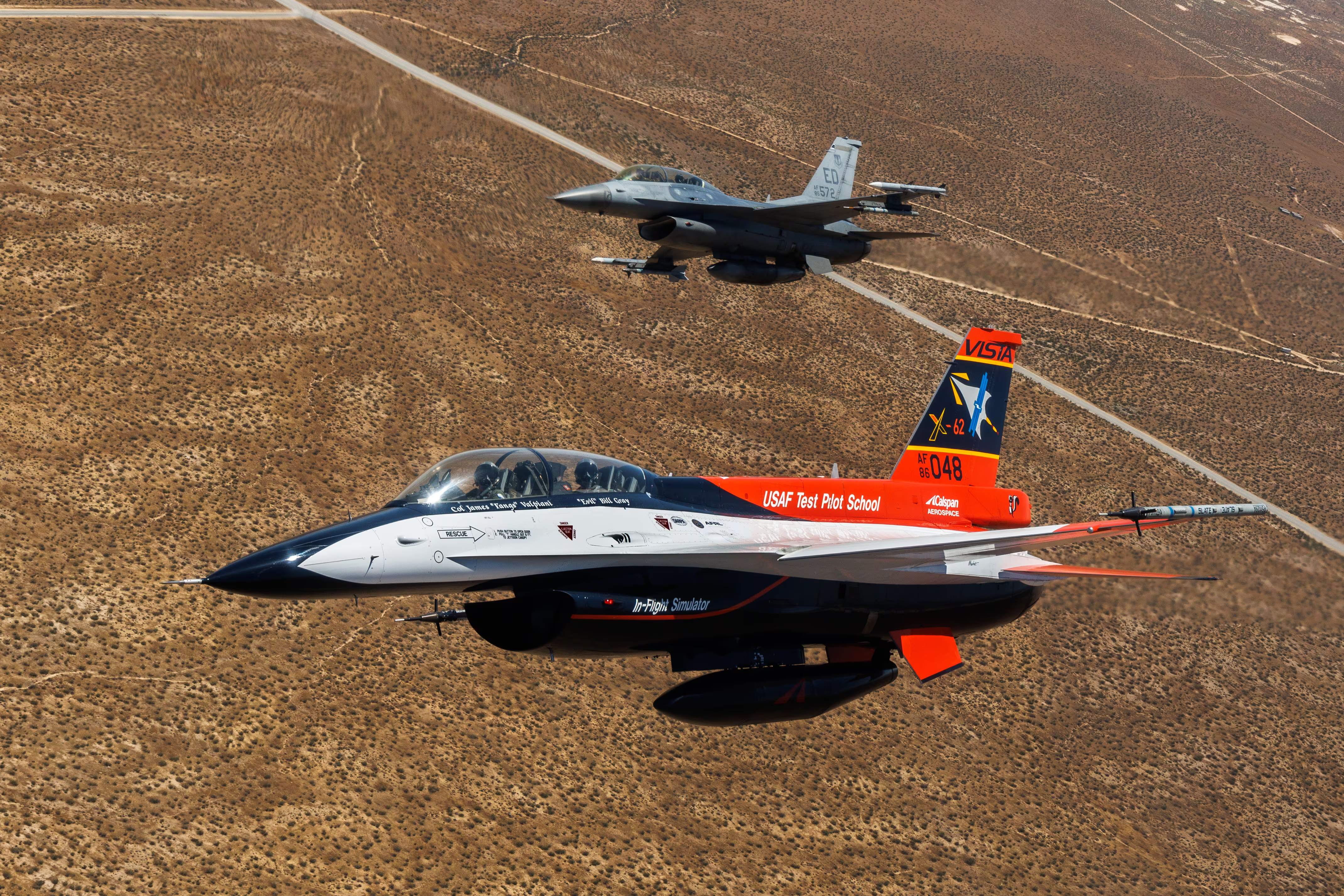WASHINGTON — The U.S. military would be required to test its electronic warfare and information influence prowess in a future, interstate experiment, if lawmakers get their way.
Included in a Senate version of fiscal 2024 defense legislation is a provision for a “Western regional range complex demonstration,” in which multiple services would together evaluate capacities to communicate, gather intelligence, conduct offensive and defensive cyber operations, and jam and spoof.
The sensitive nature of such capabilities has long rendered full-strength testing and training difficult. Defense officials have said they do not want to harm neighbors on the electromagnetic spectrum and do not want to tip off faraway observers, like China and Russia.
An initial demonstration would span at least two ranges in the western U.S., according to the language included in the draft National Defense Authorization Act, and would happen within a year of the bill becoming law.
Sen. Mark Kelly, an Arizona Democrat, in a July 12 hearing said the proposed demonstration would “connect multiple non-kinetic ranges and training sites to better replicate some real-world threat conditions.” Arizona is home to Fort Huachuca, which features an electronics proving ground and is the Army’s intelligence center of excellence.
RELATED

U.S. investment in high-end electronic warfare waned in the wake of the Cold War. It is now experiencing a resurgence, as the Pentagon prepares for potential conflict with world powers in the Indo-Pacific and Europe. Control of the electromagnetic spectrum is critical to communication, navigation and weapons guidance.
Mark Kitz, who up until recently led the Army’s Program Executive Office for Intelligence, Electronic Warfare and Sensors, previously told C4ISRNET that the military is making strides in rebuilding its arsenal.
“We’ve invested in programs like Terrestrial Layer System. We’ve invested in programs like Multi-Function Electronic Warfare-Air Large, which is an aerial-based electronic attack system,” he said in a June interview. “We need to be able to get these systems in the hands of units so they can exercise, operate and learn how these active, non-kinetic ways to affect the operation will actually affect the way they operate.”
The Senate is expected to vote on its version of the National Defense Authorization Act in the near future. The House passed its version, 219-210, on Friday.
Colin Demarest was a reporter at C4ISRNET, where he covered military networks, cyber and IT. Colin had previously covered the Department of Energy and its National Nuclear Security Administration — namely Cold War cleanup and nuclear weapons development — for a daily newspaper in South Carolina. Colin is also an award-winning photographer.








